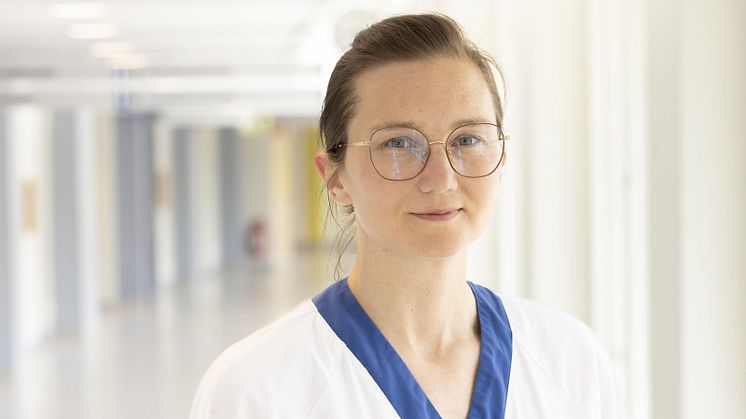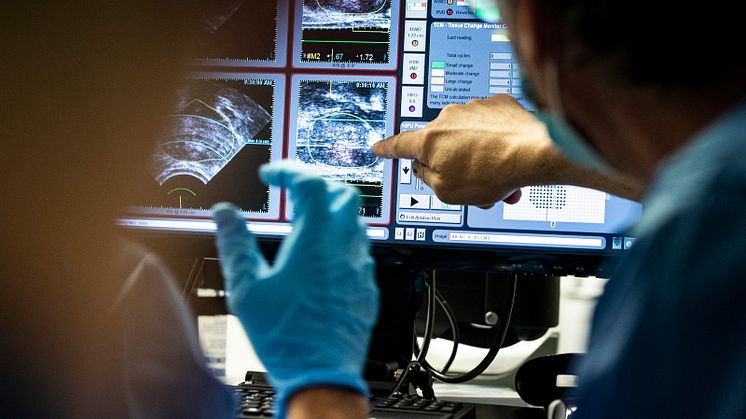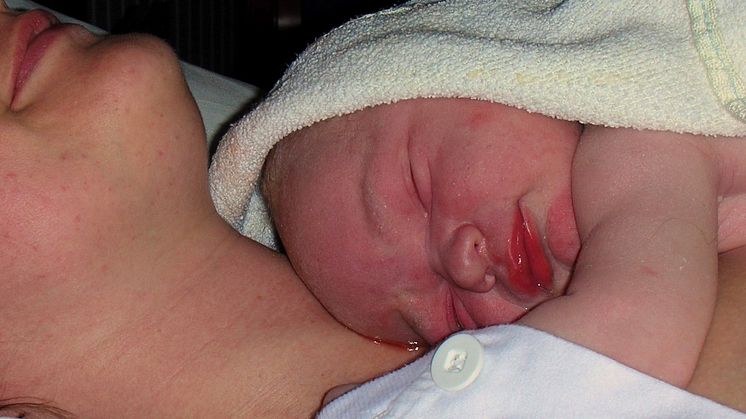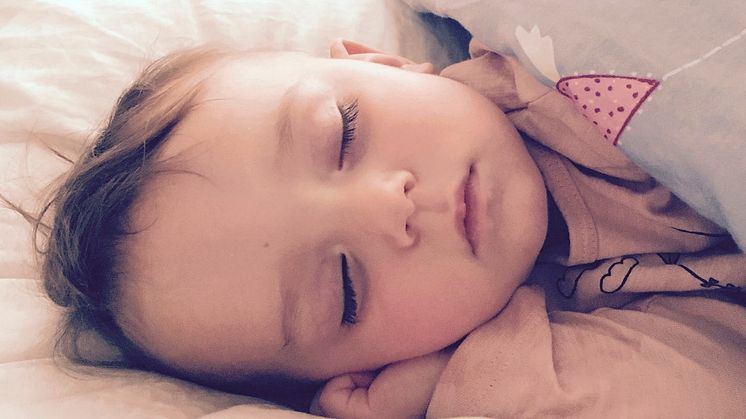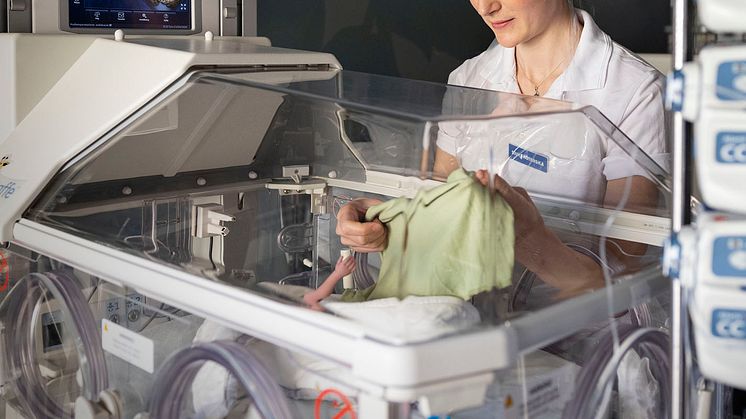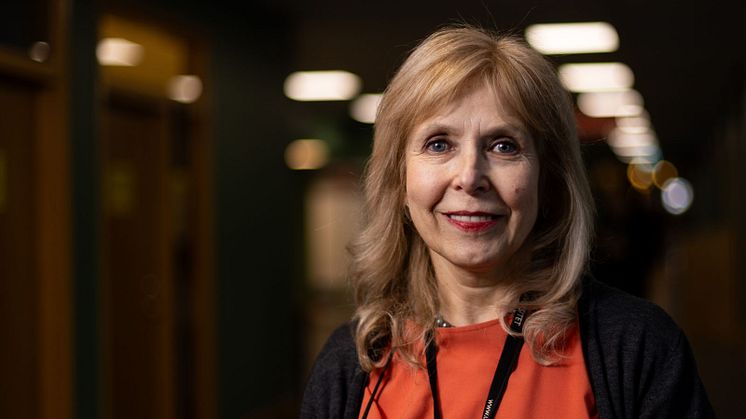Right blood pressure drug can reduce healthcare costs
Patients who start their blood pressure treatment with ARB drugs continue with the same medicine to a greater extent than patients who start out with other drugs. Choosing the right drug from the outset can therefore improve both health and quality of life – as well as bringing down healthcare costs. This is shown in a new study based on data from 340,000 patients.












